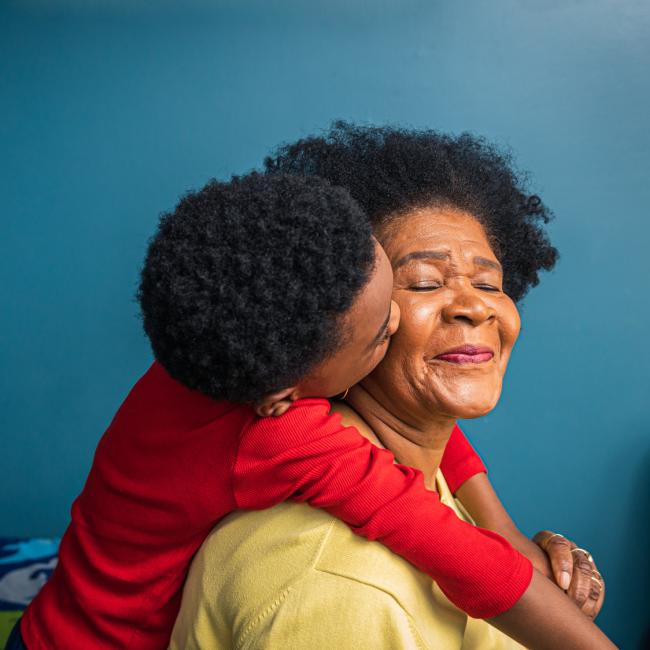Project Summary
The project team aims to deepen the understanding of why kinship caregivers looking after children in the foster care system, particularly Black, Indigenous, and People of Color (BIPOC), forgo supported permanency, a type of state-sponsored financial and interpersonal support and service provision for foster families. By identifying existing barriers and potential practice and policy strategies, the team plans to provide insights and solutions to better encourage and support BIPOC kinship caregivers to utilize the available resources.
Research Questions/Aims
- Why do BIPOC kinship caregivers forgo supported permanency and how can policy strategies encourage resources to be utilized?
Actionability
- Provide an evidence base for legislative change that removes barriers to supported permanency for BIPOC kinship caregivers;
- Connect kinship caregivers with grassroots advocates, build communities of mutual aid between both supported and unsupported caregivers; and
- Provide a model program that other states might emulate.
Racial Equity Implications
The separation of BIPOC children from their families lies at the root of multiple negative health outcomes for these children, their families, and their communities. The burden of family separation and the associated trauma is not shared equally; BIPOC communities are disproportionately represented. Moreover, foster care family separation is intertwined with America’s historical legacy of family separation, whether against African Americans (e.g., slavery and mass incarceration), immigrants (e.g., separation at the border), or Indigenous communities (e.g., Native American boarding schools). Since child welfare is the primary, and often overlooked agent of family separation in America today, supporting kinship caregivers with financial and medical help can have a major upstream impact on racial equity in America.
Outcomes
Health outcomes: increase in kinship care for foster youth, strengthening of family ties, and more access to kinship care benefits for populations that traditionally have not received support
Methodology
The team will use exploratory qualitative methods, beginning with interviews to identify barriers BIPOC kinship caregivers face related to enrolling in and accepting supported permanency. There will be 30 unsupported and 20 supported kinship caregivers recruited who 1) identify as a kinship or fictive kin caregiver; 2) care for at least one child under the age of 18; and 3) have decided to forgo or participate in supported permanency. Interview transcripts will be analyzed and coded to develop and explore themes by age, race, income, marital status, previous involvement with the child welfare system, and other relevant sociodemographic characteristics that may emerge as pertinent to barriers to enrolling in and accepting supported permanency.

Monarch Family Services
University of Houston